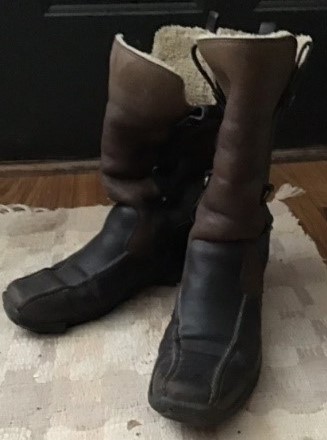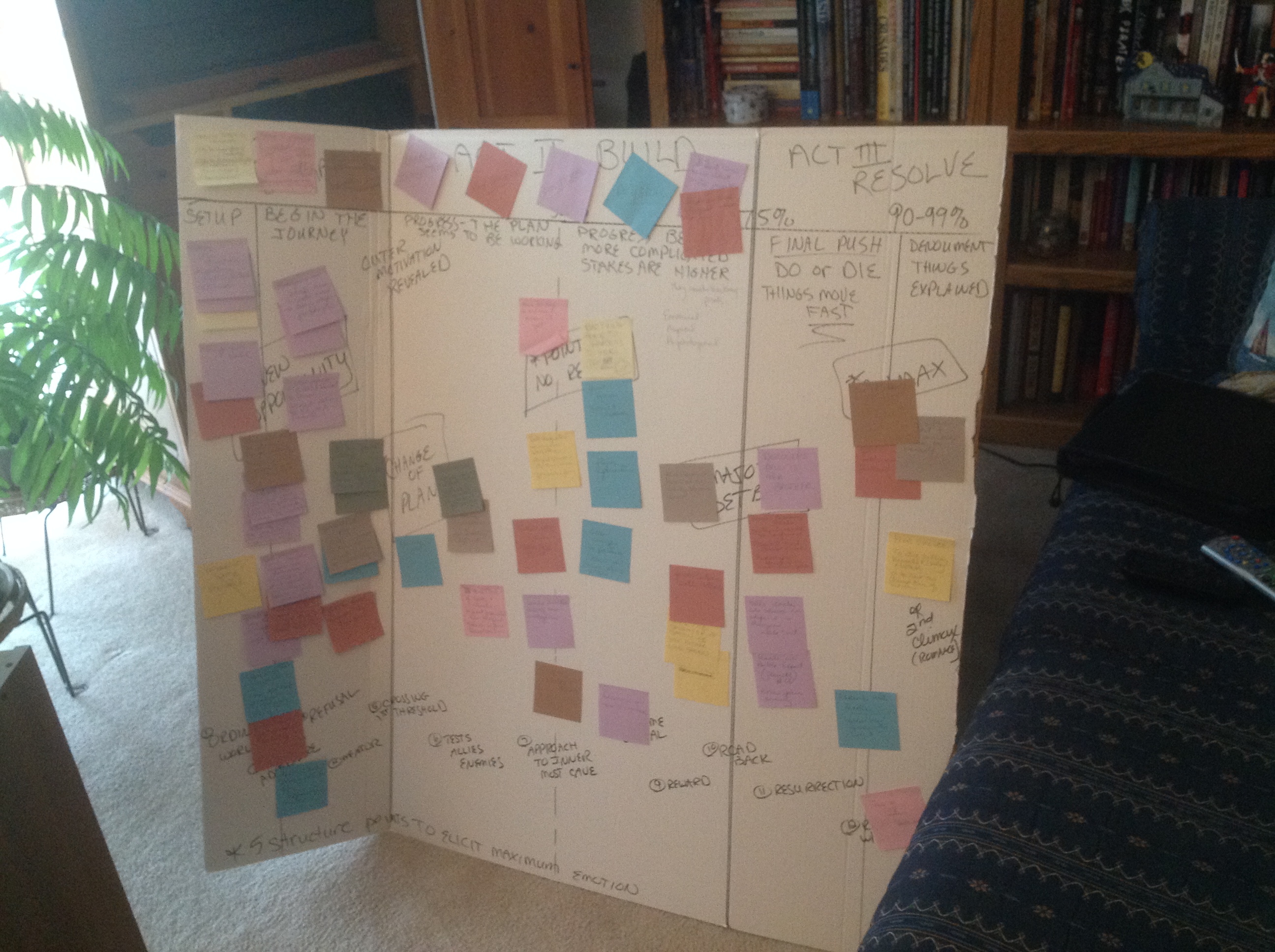The first true time I my little voice was tested in a big way that would definitively affect my future, my earning ability, and where I was cognizant of a true conflict between that little voice and my rational thoughts, or what I call my rational mind, was in 1988 when I was re-establishing myself after my second divorce.
I had just enough money start over: rent an apartment, put down deposits for the apartment and utilities, and buy groceries for about a month. By the end of that month, I needed to have a full-time job.
The problem was I didn’t know what I wanted to do. Previously, I worked in several fields, but mostly as a secretary or as a bookkeeper for a good portion of my adult life. I had no degrees other than my Executive Secretarial certification obtained from a business school right after high school. While I good at these two careers, I was bored by them and didn’t enjoy having my skills or expertise dismissed.
My real passion was in writing, but it failed to provide a stable income, plus I had no formal education in writing. I was a self-taught writer—a successful one with various publications and genres, including three books published, but when it came to real jobs, I didn’t have the qualifications. So, here I was needing a job but didn’t want to be someone’s secretary or bookkeeper again, and there was nothing I could do involving writing.
A friend suggested that I go to Hudson’s (now Macy’s) and apply. Sales. I can’t say that I had ever considered sales for myself, though I had sold Tupperware years earlier. At the time, I didn’t like feeling I was being pushy, so I never considered myself to be sales material. In fact, I disliked sales people immensely myself because so many were pushy. Consequently, my interest wasn’t high.
For three weeks, I looked at ads, but the economy was tight and I had moved into a manufacturing community where jobs were being outsourced. Jobs were few.
One day at the end of that third July week, I was in a sleeveless summer dress, sandals, and bare legs, my hair windblown from open car windows, approaching the mall. I was running errands. My little voice said, Go apply at Hudson’s. Now.
“But I’m not prepared,” I argued. “I’m not dressed properly. I don’t have a résumé with me.”
Doesn’t matter. Go anyway.
I knew better than to apply without looking professional.
The little voice pushed. I argued, all in the matter of a couple blocks. Approaching the last entrance, I found myself turning in despite my rational arguments. Sheer gut instinct had turned the wheel of the car.
What’s the harm, I thought. I can pick up an application and return it later when I was properly dressed.
I parked the car, grabbed my purse, sliding the strap on my shoulder, entering the closest door, which took me into the Men’s Department. I approached the sales girl behind the register, asking for location of the main office. Following her directions, I walked through several departments, noticing how many people were working, what they were doing, wondering what it would be like to work there, doing that type of work.
At the desk of the Customer Service desk, I asked for an application. The gal behind that desk excused herself and came back with an older woman who was dressed in a business suit.
She introduced herself as the human resources director and gave me an application, asking me to fill it out right there. I told her I didn’t have all the necessary information with me—all the addresses, reference information, etc., that I needed to fill out the application fully and correctly.
“That’s okay,” she said. “You’d be doing me a favor by filling it out now.”
So, I did. Prepared to hand it over and leave, I was surprised when she asked, “Are you able to do an interview right now?”
“But I’m not dressed properly. I wasn’t prepared to do an interview.”
“That’s okay.” Again, I was told I’d be doing her a favor.
We sat down and for the next ten or fifteen minutes, I answered the typical questions. At the end of the interview, I expected her to tell me that she would get back to me. Instead, she offered me a job on the spot, telling me that I would start in the Men’s Department. I was surprised, to say the least.
Mentally, I knew what she was offering me wasn’t going to be money for me to pay my bills. The pay was minimum wage and I needed a couple dollars more per hour in order to meet my minimum monthly expenses. Minimum with no frills, no surprises.
I asked for the couple extra dollars.
I was told that no, that couldn’t happen.
My little voice spoke up. Take it.
Mentally, I argued, saying But it isn’t enough. I won’t be able to pay my bills.
It’s okay. Take it.
But—
It’s okay. Trust me.
While I had tested my little voice with smaller tasks before, this was the first big decision I’d be making based on its direction. As usual, that little voice’s instruction conflicted with common reason and my rational mind.
As I sat there, looking at this woman who was waiting for my answer, I thought, what harm would it do? I can always quit if I find another job or one I like better.
“Okay,” I said, finally.
She asked me if I could start tomorrow. I told her no, that I needed the weekend and that I could start the following week. She then said, “Let me have you meet the manager you’ll be working for.”
Her name was Amy, but it would be several weeks before I learned what had happened. Apparently, I already had the job, the minute I went up the clerk in the Men’s Department asking for a job application. Amy had seen me come in.
As I strolled through the store, as I made my way to Customer Service (CS), Amy had taken a short cut, entering CS through a back door. She told the director that if I was applying for a job, she wanted me in her department.
I took the job, working in the Men’s Department for a month, and received a raise that got me closer to my monthly minimum. Half a year later, I moved to the Shoe Department, and a few months after that moved to Customer Service where my bookkeeping experience was put to use, as there were few employees who had that particular educated skill. In the end, I became the department’s supervisor, which in time, would lead to other supervisory jobs, including working at Kellogg headquarters, where once again, my educational background, including my accounting background, was valued and appreciated.
That little voice had known far better than my rational mind.
Only later, as I looked back on my employment journey that would eventually lead me into education and the dream of working in the field of my passion—writing—did I understand how trusting that little voice had immense value.



